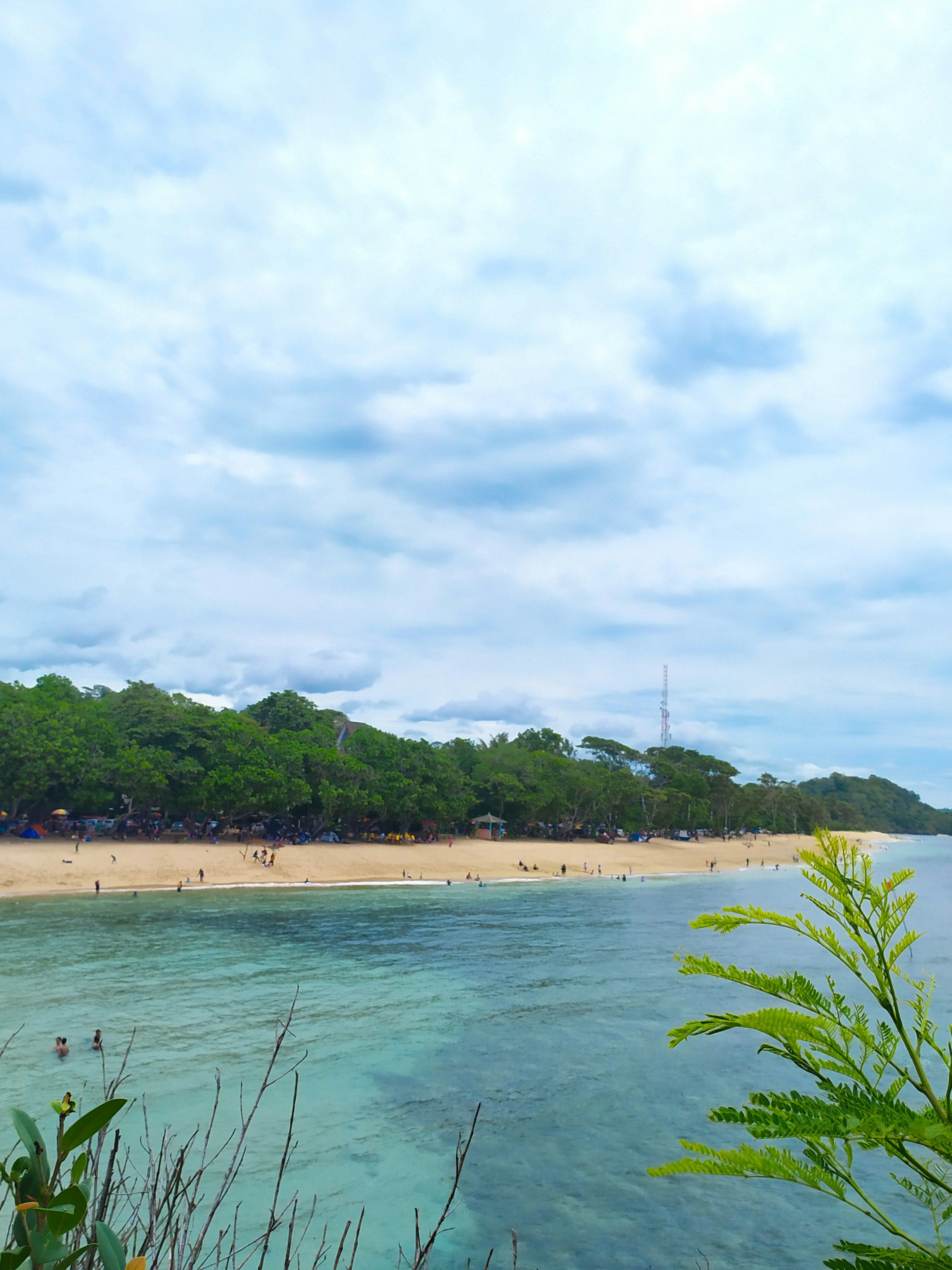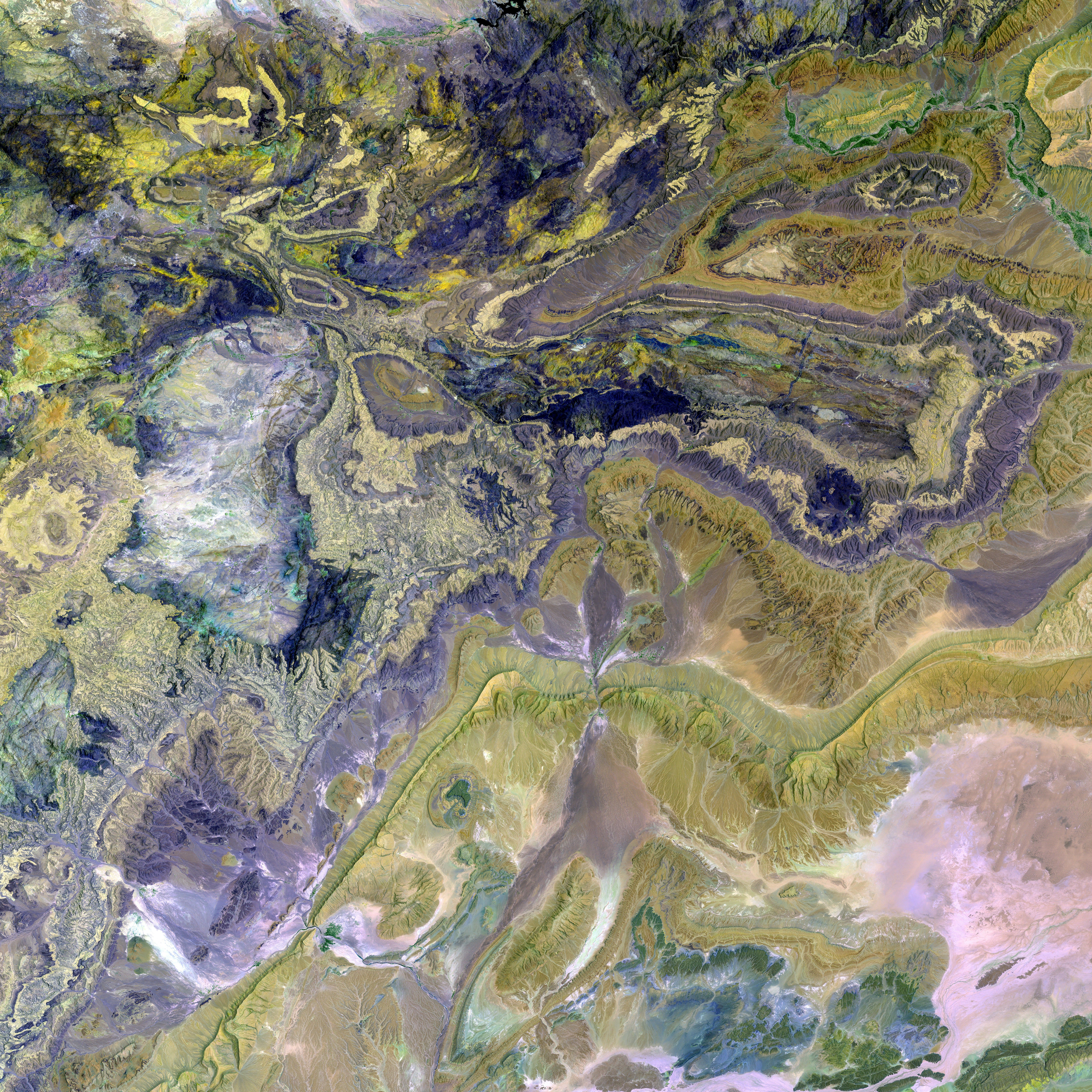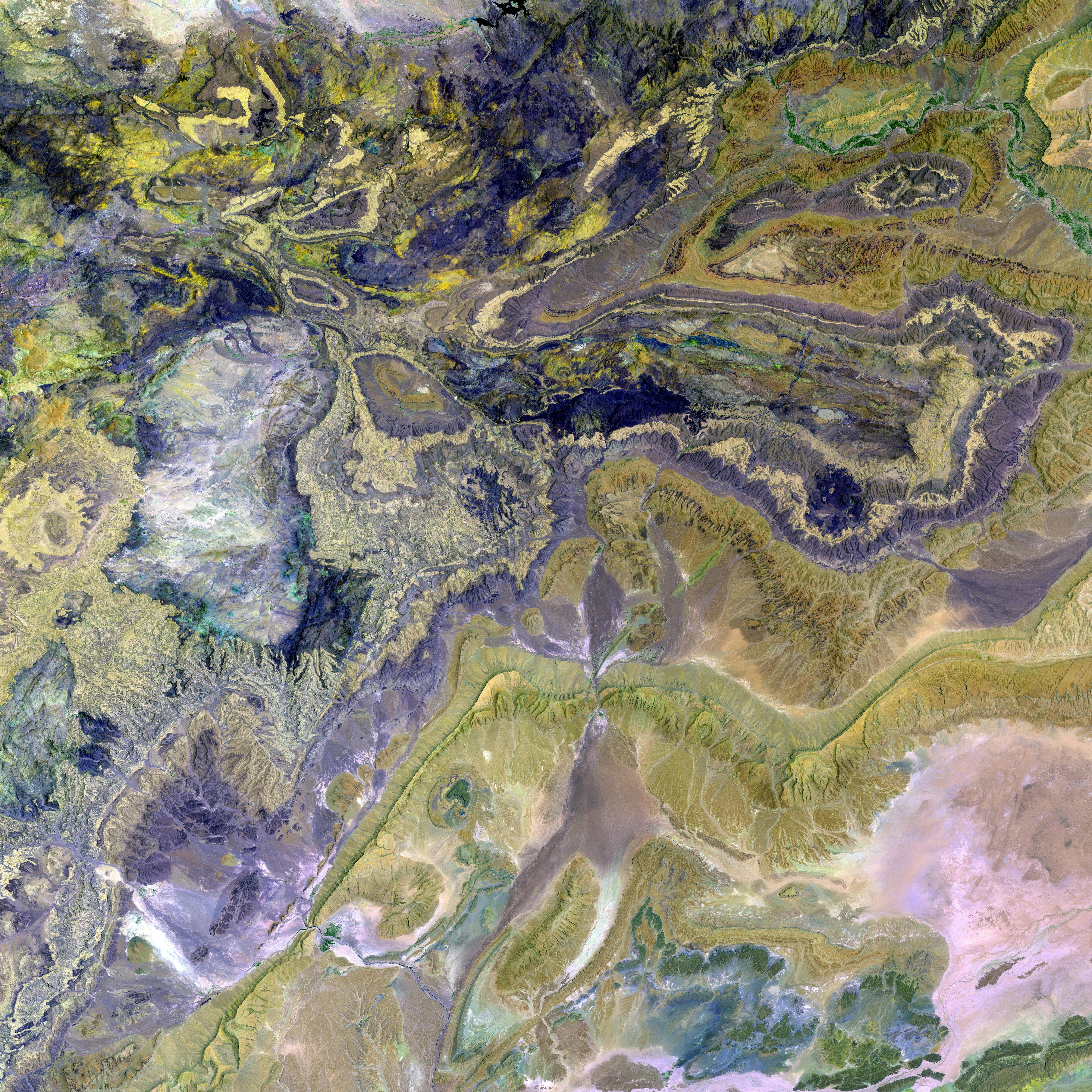Nigeria achieved its most robust economic advancement in a decade, marking 2024 as a significant year for expansion.
Nigeria's 2024 Economic Boom: Unprecedented Growth or Continued Struggle for the Middle Class and Working Class?
In a surprising turn of events, Nigeria recorded its highest economic growth in a decade in 2024, according to the World Bank. The country's GDP surged by 3.4% in 2024, a feat unseen since 2014 (excluding the COVID-19 recovery in 2021-2022). However, the nation's inflation rate remains high, stirring mixed emotions among its citizens.
The World Bank lauded President Bola Tinubu's initiatives, particularly the sustained recovery in the oil and gas sector, strong growth in the information and communication technology, and finance sectors. Yet, the agricultural sector struggled, with only a 1.2% growth in 2024 due to insecurity and high input costs. The World Bank predicts a slight increase in GDP growth for Nigeria in 2025, anticipating a decrease in the country's persistent inflation rate.
A Mixed Bag of Economic Reforms
Following his inauguration in May 2023, President Tinubu embarked on a series of deep economic reforms, including ending fuel subsidies, liberalizing the Naira, and ending Central Bank financing of fiscal deficit. These reforms aimed to attract foreign investments and structure the Public Finances of the most populous African country. However, these measures have encountered criticism, with many Nigerians facing the worst cost-of-living crisis in a generation.
In 2024, a 0.5% cybersecurity levy on electronic transfers was introduced, affecting small businesses and low-income earners, while there were also proposed increases in Value-Added Tax (VAT) and higher bank charges. These financial burdens have strained household budgets, exacerbating the cost-of-living crisis among both the middle class and the working class.
The Struggle of Ordinary Nigerians
Despite efforts to stabilize the economy, poverty remains rampant, affecting over half of the population. The reforms have yet to benefit the average citizens, leaving many struggling to meet their basic needs. While some argue that these reforms are essential for long-term recovery, others question their immediate impact on ordinary Nigerians.
"Wages have not kept up with inflation, reducing Nigerians' purchasing power. Poverty has deepened and increased, particularly among urban Nigerians", explained the World Bank. The International Monetary Fund (IMF) echoed this sentiment, stating that Nigeria's government's drastic economic reforms have yet to benefit the middle class or the working class.
As the nation faces both economic growth and a persistent cost-of-living crisis, the question arises: Is Nigeria heading toward sustainable prosperity, or is this growth at the expense of its most vulnerable citizens? Only time will tell.
[1] Oluwakayode Ajulo, I. (2024). The Political Economy of Economic Reforms in Nigeria. African Development Review, 1-18.
[2] Olakunle, A. (2024). The Impact of Fiscal Reforms and Household Consumption in Nigeria. Working Paper Series, African Development Bank, No. 2024/04.
[3] British High Commission (2024). Economic Reforms in Nigeria - Opportunities and Challenges Ahead. [Blog Post].
[4] Kashim Shettima, V. P. (2024, May 26). Addressing the Economic Challenges Facing Nigeria. [Speech]. Nigeria National Assembly.
[5] Oshiomhole, A. (2024, May 25). The Economic Reforms in Nigeria: Benefits, Challenges, and the Road Ahead. [Op-Ed]. The Guardian Nigeria.
- Despite the sustained growth in the finance, oil and gas, and information and communication technology sectors in Nigeria, inflation continues to pose a challenge, leaving many citizens to question whether the economic boom is beneficial for the middle class and working class.
- The financial burdens imposed by the government's economic reforms, such as the cybersecurity levy, increased VAT, and bank charges, have strained household budgets, exacerbating the cost-of-living crisis among both the middle class and the working class, causing concerns about the distribution of wealth and prosperity in Nigeria.







